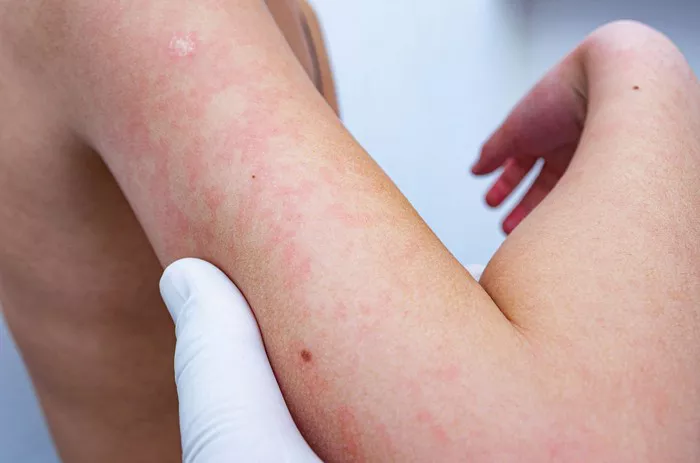Experts are advocating for increased assistance for New Zealanders aged 65 and older, who face heightened risks associated with shingles, a painful and potentially debilitating condition caused by the reactivation of the varicella-zoster virus—commonly known as the virus that causes chickenpox.
Shingles affects a significant portion of adults over 50, as the virus remains dormant in the body after initial infection with chickenpox. The disease can lead to severe pain and a range of complications, including long-term nerve pain, vision and hearing loss, and in rare cases, cardiovascular events.
Grey Power spokesperson Jo Millar has highlighted gaps in the current funded vaccine programme, particularly for those aged 65 and older. Under current guidelines, the shingles vaccine is free only within the first 12 months after one’s 65th birthday, with two doses required. Millar emphasizes that many older adults missed out on vaccination due to various reasons, including lack of awareness or access to healthcare during post-COVID-19 measures.
“As the population of Kiwis aged 65 and older continues to grow, it is crucial to address these gaps in funding,” Millar stated. “Many pensioners simply cannot afford the vaccine privately, despite being at increased risk.”
The Ministry of Health has reported that a significant proportion of shingles-related hospitalizations occur among adults aged 60 and above, underscoring the need for preventive measures. Dr. Tyson Oberndorfer, a geriatrician, explained that aging weakens the immune system’s ability to suppress the virus, leading to higher risks of complications such as postherpetic neuralgia (PHN)—a condition characterized by persistent nerve pain.
“PHN significantly impacts quality of life and can persist for years,” Dr. Oberndorfer noted. “Older adults are particularly vulnerable, with medications to manage PHN often causing additional side effects.”
Amanda Southcombe from GSK NZ expressed support for increased vaccine funding, highlighting its potential to alleviate the burden on the healthcare system by preventing shingles-related complications.
In conclusion, experts and advocates agree that expanding access to the shingles vaccine beyond the current limitations could significantly improve health outcomes for older Kiwis, who continue to contribute actively to society despite financial constraints.
Related Topics:

























